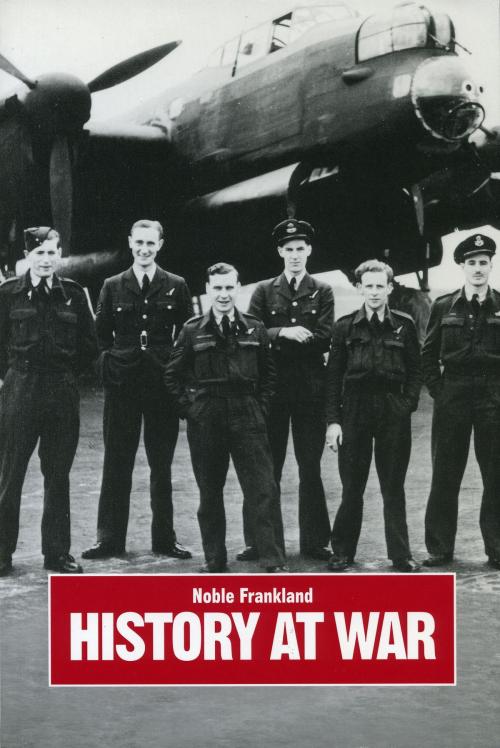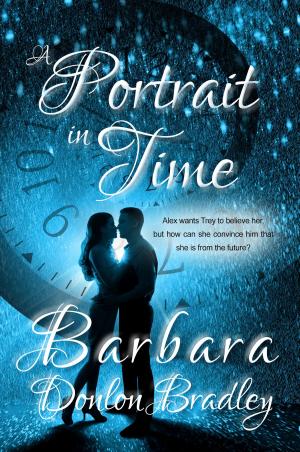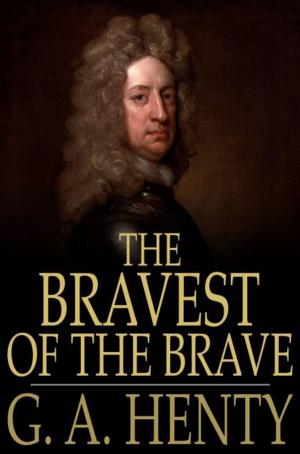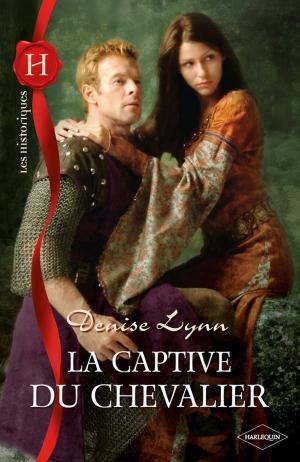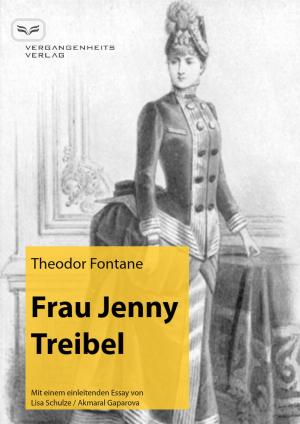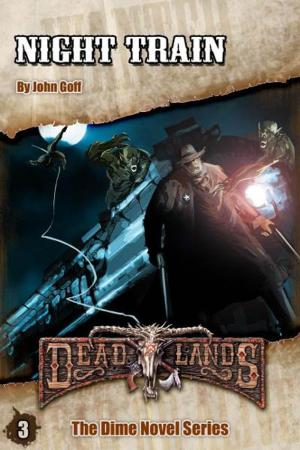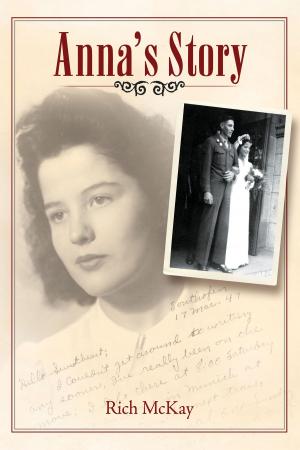History at War
The Campaigns of an Historian
Nonfiction, History, World History, Art & Architecture, General Art, Biography & Memoir, Historical| Author: | Noble Frankland | ISBN: | 9781900357364 |
| Publisher: | Giles de la Mare Publishers Ltd | Publication: | July 18, 2012 |
| Imprint: | Giles de la Mare Publishers | Language: | English |
| Author: | Noble Frankland |
| ISBN: | 9781900357364 |
| Publisher: | Giles de la Mare Publishers Ltd |
| Publication: | July 18, 2012 |
| Imprint: | Giles de la Mare Publishers |
| Language: | English |
History at War is a unique book. It throws light on important unexplored aspects of the pursuit of historical truth. It tells how, alone among historians, Noble Frankland fought in the bomber offensive during the Second World War and then, together with Sir Charles Webster, wrote its official history; how he transformed the Imperial War Museum from a dying institution into one of the world's leading historical centres for the study of the conflicts of the twentieth century; how he played a major part in television documentary productions, including in particular The World at War; and how he wrote a series of original, rigorously researched historical works. In History at War he describes the battles he had to fight against the mandarins and media merchants who sought to impose a spin on history to suit their own ends, and were ruthless and unscrupulous in their methods. Its meticulous documentation gives a guarantee of authenticity to his staggering account of how those in high places tried to distort history, which might otherwise seem scarcely credible. The revelations about 'Bomber' Harris' relations with his superior, Lord Portal, during the war and their joint opposition to the two authors' account of the strategic air offensive, still a highly topical issue, will set alight a new debate among military and other historians. Unlike most books on the theory and practice of history, it does not confine itself to what can be written on the page. It also covers Dr Frankland's experience of demonstrating history in museum galleries, on the television screen, on sites such as Duxford Airfield near Cambridge, and on board HMS Belfast in the Pool of London. The problem for historians of publishing a full and unbiased account and analysis of controversial events and episodes in politics and international affairs is as acute in the 1990s as it ever has been. All readers with a concern for the truth will learn much about such issues from this unflinching and penetrating book. Robert Crawford, Director-General, Imperial War Museum: '...it is brilliant, rivetingly trenchant, and should be required reading for all aspirant historians.' Professor R.B. Wernham, former Professor of Modern History, Oxford: 'It really is a splendid and fascinating story, and a sharp warning to historians to beware of mandarins and great commanders. In Francis Bacon's categorization: 'Some books are to be tasted, some to be swallowed, and a few to be chewed and digested."It certainly rates among the few.' Professor Geoffrey Best in TLS: 'The subtitle is exactly right for a book by Noble Frankland, a tough character who views the successive phases of his post-war life as battles to bring truths and lessons plainly before the public, and who can happily conclude that he has been generally successful. In at least two fields -- the history of the most painfully controversial of Allied campaigns in the Second World War, and the rescue and make-over of the least well-known of London's great museums -- his achievements have been of great national value and importance...this astringently truth-telling professional autobiography... required reading for historians of the British Establishment from Attlee to Macmillan...' Piers Mackesey, Fellow of British Academy and former Fellow of Pembroke College, Oxford: '...I admired History at War on many levels -- characterizations of Webster, Bradley, Willis, etc, the balance between Museum Trustees and the chief executive, functioning of Civil Service, Bomber Command, the picture of [Noble Frankland's] developing career and the qualities it called for, etc. I often laughed aloud at the wit and the penetrating observations of functioning individuals. Also much enjoyed final reflections on history by a practitioner. Haven't enjoyed a book so much for ages.'
History at War is a unique book. It throws light on important unexplored aspects of the pursuit of historical truth. It tells how, alone among historians, Noble Frankland fought in the bomber offensive during the Second World War and then, together with Sir Charles Webster, wrote its official history; how he transformed the Imperial War Museum from a dying institution into one of the world's leading historical centres for the study of the conflicts of the twentieth century; how he played a major part in television documentary productions, including in particular The World at War; and how he wrote a series of original, rigorously researched historical works. In History at War he describes the battles he had to fight against the mandarins and media merchants who sought to impose a spin on history to suit their own ends, and were ruthless and unscrupulous in their methods. Its meticulous documentation gives a guarantee of authenticity to his staggering account of how those in high places tried to distort history, which might otherwise seem scarcely credible. The revelations about 'Bomber' Harris' relations with his superior, Lord Portal, during the war and their joint opposition to the two authors' account of the strategic air offensive, still a highly topical issue, will set alight a new debate among military and other historians. Unlike most books on the theory and practice of history, it does not confine itself to what can be written on the page. It also covers Dr Frankland's experience of demonstrating history in museum galleries, on the television screen, on sites such as Duxford Airfield near Cambridge, and on board HMS Belfast in the Pool of London. The problem for historians of publishing a full and unbiased account and analysis of controversial events and episodes in politics and international affairs is as acute in the 1990s as it ever has been. All readers with a concern for the truth will learn much about such issues from this unflinching and penetrating book. Robert Crawford, Director-General, Imperial War Museum: '...it is brilliant, rivetingly trenchant, and should be required reading for all aspirant historians.' Professor R.B. Wernham, former Professor of Modern History, Oxford: 'It really is a splendid and fascinating story, and a sharp warning to historians to beware of mandarins and great commanders. In Francis Bacon's categorization: 'Some books are to be tasted, some to be swallowed, and a few to be chewed and digested."It certainly rates among the few.' Professor Geoffrey Best in TLS: 'The subtitle is exactly right for a book by Noble Frankland, a tough character who views the successive phases of his post-war life as battles to bring truths and lessons plainly before the public, and who can happily conclude that he has been generally successful. In at least two fields -- the history of the most painfully controversial of Allied campaigns in the Second World War, and the rescue and make-over of the least well-known of London's great museums -- his achievements have been of great national value and importance...this astringently truth-telling professional autobiography... required reading for historians of the British Establishment from Attlee to Macmillan...' Piers Mackesey, Fellow of British Academy and former Fellow of Pembroke College, Oxford: '...I admired History at War on many levels -- characterizations of Webster, Bradley, Willis, etc, the balance between Museum Trustees and the chief executive, functioning of Civil Service, Bomber Command, the picture of [Noble Frankland's] developing career and the qualities it called for, etc. I often laughed aloud at the wit and the penetrating observations of functioning individuals. Also much enjoyed final reflections on history by a practitioner. Haven't enjoyed a book so much for ages.'
